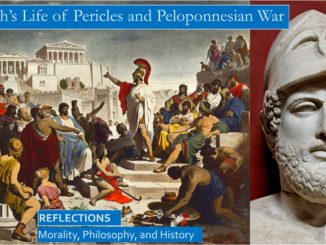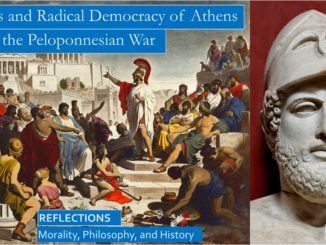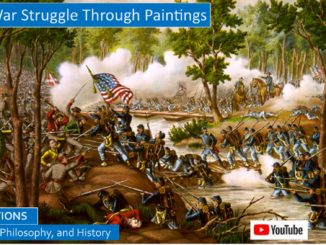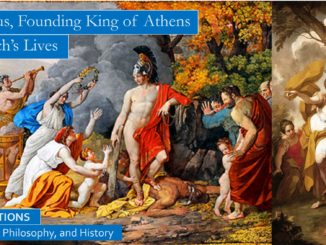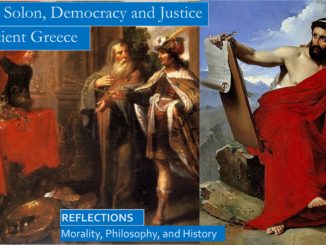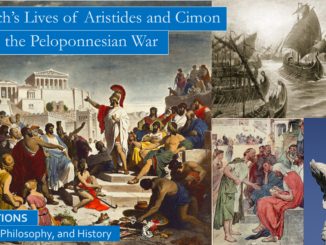
Plutarch: Lives of Aristides and Cimon, Formation of the Delian League After the Greco-Persian Wars
Why did the Ionian Greeks reject the Spartan leadership under the Pausanius, and why did they plead for Athens to take up the liberation of the Asian Greek colonies from the Persians, leading to the founding of the Delian League? Simply put, the Delian allies were impressed by both the military acumen and integrity of the two Athenian generals Aristides the Just, and Cimon. Also, the Spartans embarrassed Cimon, who sought to reconcile Athens and Sparta, which contributed to the outbreak of the Peloponnesian Wars. […]

